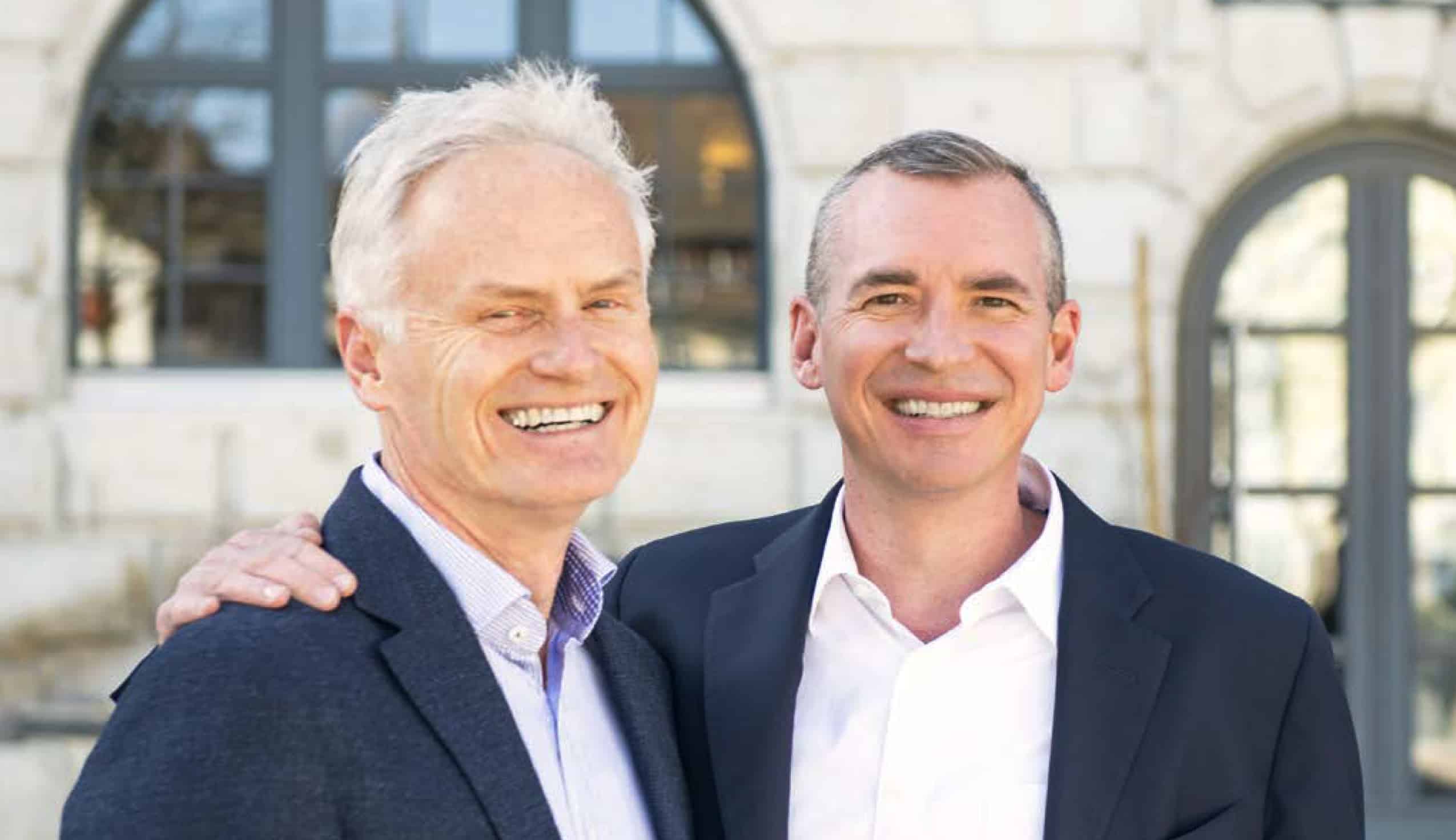
Steering a sea change for cancer patients
May 6, 2020
Rising Tide Foundation’s quest to advance cancer research and care.
When Shawn Stephenson’s grandmother, Mary Brown Stephenson, died of cancer, it was a devastating turn of events for his family—both for her loss, of course, and also because she was denied existing treatment that could have saved her life, according to Mr. Stephenson. Her own doctors in Arizona turned down her requests to be treated by a Boston urologist who, the family was convinced, would have treated and possibly cured her form of lung cancer.
Then in his teens, Mr. Stephenson was deeply affected by her death, and the entire family turned their collective efforts to helping patients with cancer access the solutions they need and want. The Stephensons went on to establish treatment centers and funding mechanisms for clinical trials across the US. Intent on canvassing the globe for promising research and care solutions for patients, Shawn Stephenson went on to launch Rising Tide Foundation, which funds cancer research with translational promise—studies whose outcomes are likely to result in treatments for patients. Five years ago, Rising Tide made a visionary gift to the Weizmann Institute that has funded a large range of initiatives related to cancer research: from competitive research grants to start-up packages for young cancer investigators, to scholarships and fellowships for students and postdoctoral researchers. The funding has advanced Weizmann investigations into new diagnostic methods, more personalized drugs, novel immunotherapies, and more. The partnership is now entering a second stage of generous funding, over a fouryear timeline. “It is a partnership that fits like hand in glove—a mutual interest in advancing research with an eye for improving patient outcomes,” says Mr. Stephenson. “From the beginning, Weizmann has been committed to its focus in understanding how cancer works and how it might be cured or better treated, and with our focus on improving outcomes for the patient and saving lives, this has become a remarkable relationship.”
Three decades of care and discovery
After Mary Brown Stephenson’s passing, the family established a chain of privately funded, for-profit treatment centers called Cancer Treatment Centers of America, in 1988. Several years later, they started Gateway for Cancer Research, a nonprofit that funds clinical trials in cancer. Both entities, with their respective agendas of care and clinical research, are focused on the same goal: to offer patients more and better options for treatment and cures.
Then, in 2006, with an eye toward identifying research investigations outside the US, Shawn Stephenson co-founded Rising Tide, with headquarters in Shaffhausen, Switzerland. In addition to Weizmann, it has funded the American Society of Clinical Oncology, through an innovative program that funds mentoring partnerships between veteran and young scientists in the US and Europe. It also supports the Leukemia & Lymphoma Society, and US-based nonprofit; and the Anticancer fund, a Belgian nonprofit, which supports clinical trials for cancer therapies with a special focus on rare cancers and orphan drugs to treat them; and pediatric cancer research at Cambridge University and Stanford University.
The relationship with the Weizmann Institute began in 2014 with a visionary multi-million dollar gift to support cancer research. Wendelin Zellmayer, Rising Tide’s CEO, says the foundation’s board chose a series of research avenues at Weizmann that held major promise for translating into therapies that would reach the bedside in a relatively short span of time. A half-decade later, these investigations— which have been supported by Rising Tide support and other donors—have indeed broken new ground in areas of major promise (see related story).
Accelerated and expanded with this funding, these investigations have also since attracted grants from the European Research Council and the Israel Science Foundation. “Weizmann’s great scientists are doing excellent basic research, which is leading to real application that will help patients,” says Zellmayer. “We see how our funds have created a multiplier effect, such that not only has the research been expedited, but also the projects we have supported have led to external grants from major funding agencies, and from other donors.”
Inspired by the success, Rising Tide determined earlier this year to enter a new stage of funding. The focus of the next round will be support for studies in cancer prevention and detection and towards improving patient outcomes. The foundation is also keen on generating the “multiplier effect” referred to by Mr. Zellmayer, by inspiring other philanthropists and agencies to support the same projects—and thereby help move them forward at an even more rapid pace. While the first funding stage was successful, the next stage “could have an even greater impact,” says Zellmayer.
Mr. Stephenson’s reasoning for supporting translational cancer research always goes back to the patient, and what he calls “the ‘mother standard of care’ that is the hallmark of their operations in the US and Europe. “We want to be able to offer cancer patients everything we’d want to be able to offer our own mothers if they were sick… We want to empower the patient by being able to offer them more options—to enlarge the number of choices they have. This is why we invest in translational cancer research. We are very pleased with our relationship with Weizmann and we are looking forward to intensifying it.”